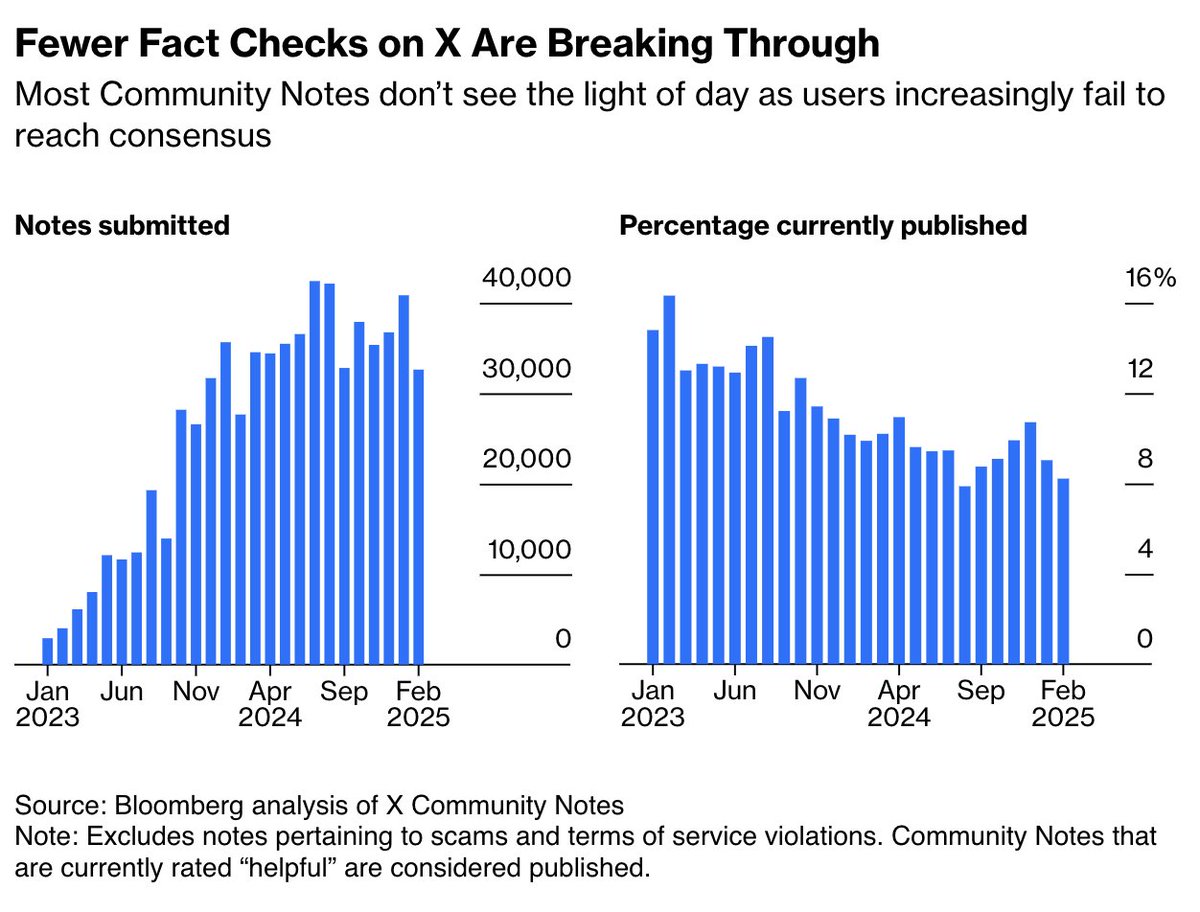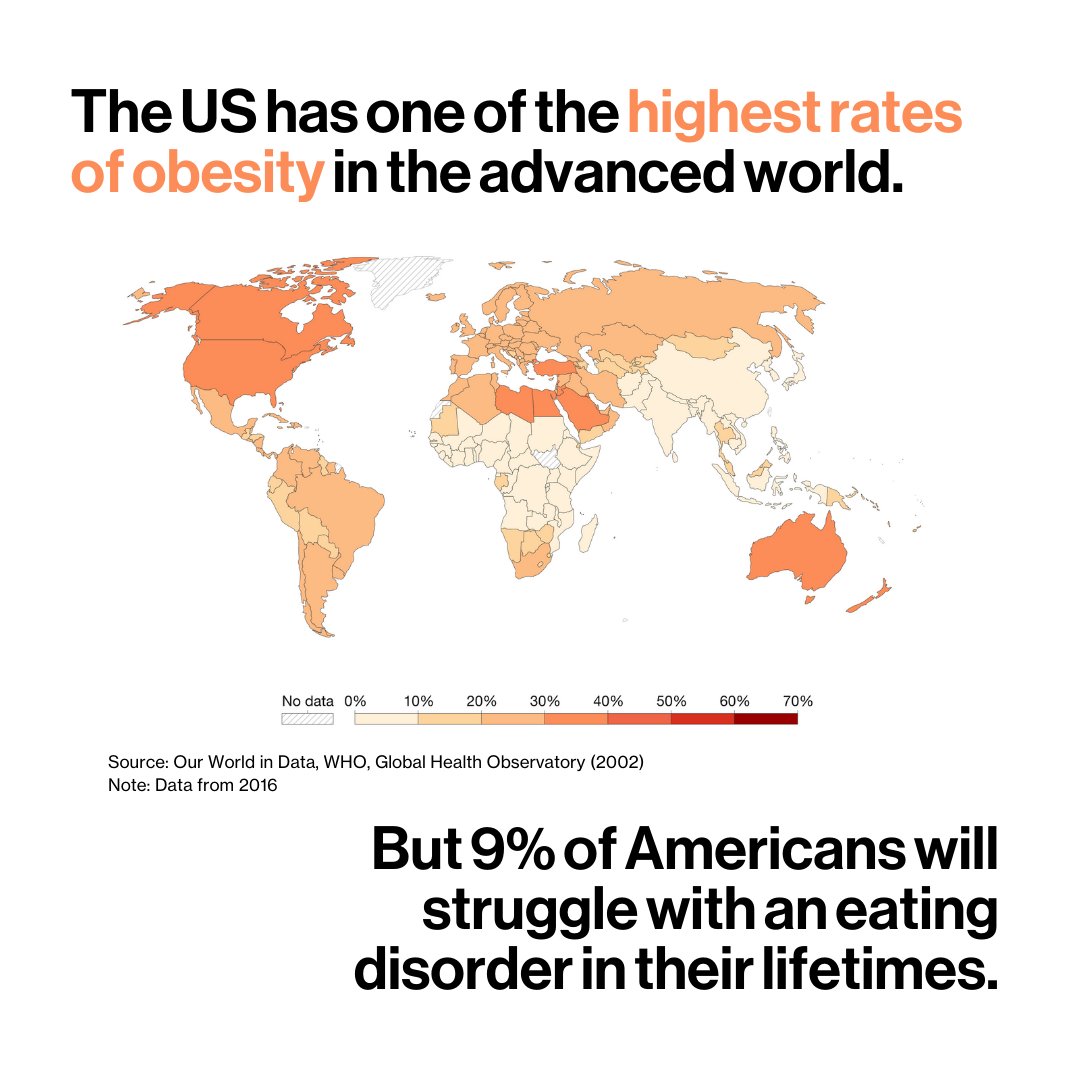The enduring debate in the crypto community is whether Bitcoin will outperform “altcoins,” which are generally defined as digital currencies other than Bitcoin, such as:
🪙Ethereum
🪙Solana
🪙Cardano
🪙Polkadot
trib.al/Lm8n25y
🪙Ethereum
🪙Solana
🪙Cardano
🪙Polkadot
trib.al/Lm8n25y
It’s true that Bitcoin is perfectly decentralized and the number of coins that can be in existence is limited.
But the real question is whether crypto investors necessarily need a true store of value, or whether there is space for multiple blockchains trib.al/Lm8n25y
But the real question is whether crypto investors necessarily need a true store of value, or whether there is space for multiple blockchains trib.al/Lm8n25y

Consider that 2,000 years ago the financial system consisted mainly of gold.
🚫There were no stocks
🚫Bonds didn’t exist
🚫Loans were informal trib.al/Lm8n25y
🚫There were no stocks
🚫Bonds didn’t exist
🚫Loans were informal trib.al/Lm8n25y

Not much changed for the next 1,400 years, until the first financial institutions sprang up and debt began to be treated as a financial asset
The first publicly-traded companies came about in the 1600s and financial markets gradually developed from there trib.al/Lm8n25y
The first publicly-traded companies came about in the 1600s and financial markets gradually developed from there trib.al/Lm8n25y

Finance has only become very complex relatively recently, with simple derivatives such as futures and options morphing into things like credit-default swaps, collateralized debt obligations and other mind-boggling ways to distribute risk trib.al/Lm8n25y 

This trend is called financialization, and underscores how paper wealth has played a larger role in the economy while hard assets have played an smaller role.
Increasing financialization generally corresponds to a higher standard of living over time trib.al/Lm8n25y
Increasing financialization generally corresponds to a higher standard of living over time trib.al/Lm8n25y

Enter Bitcoin, which is essentially digital gold. Criticisms levied at gold apply to Bitcoin as well:
🤷🏽♀️It doesn’t do anything
🪨It’s a pet rock
🙅🏽♂️It pays no interest
👀It just sits there
But like gold, Bitcoin functions as an absolute store of value trib.al/Lm8n25y
🤷🏽♀️It doesn’t do anything
🪨It’s a pet rock
🙅🏽♂️It pays no interest
👀It just sits there
But like gold, Bitcoin functions as an absolute store of value trib.al/Lm8n25y

There is a finite amount of gold in the earth’s crust, and it becomes progressively more difficult to mine over time, just like Bitcoin.
Gold also serves as protection against the systematic abuse of fiat currencies by governments and central banks trib.al/Lm8n25y
Gold also serves as protection against the systematic abuse of fiat currencies by governments and central banks trib.al/Lm8n25y

The crypto universe is just over 10 years old, and at the start there was very little besides Bitcoin.
But now we have more cryptos that do different things. Some of them, like Ethereum, have cash flows and can be valued on the basis of their cash flows trib.al/Lm8n25y
But now we have more cryptos that do different things. Some of them, like Ethereum, have cash flows and can be valued on the basis of their cash flows trib.al/Lm8n25y

The total market value of Bitcoin relative to the market value of all cryptocurrencies has been declining over time, and will continue to decline until one day it makes up less than 1% of the entire asset class — just like gold does today trib.al/Lm8n25y 

This doesn’t mean that the price of Bitcoin necessarily goes down, but it does mean that the altcoins with utility will increase in value over time relative to Bitcoin.
In other words, they are the stocks, bonds and derivatives of the young crypto world trib.al/Lm8n25y
In other words, they are the stocks, bonds and derivatives of the young crypto world trib.al/Lm8n25y

Of course, issuers of stocks can always issue more stocks, and issuers of bonds can always issue more bonds, but this dilution doesn’t typically stop people from investing.
It's a matter of choice: do you want hard assets or do you want financial assets? trib.al/Lm8n25y
It's a matter of choice: do you want hard assets or do you want financial assets? trib.al/Lm8n25y

Sure, there are periods when financialization reverses and hard assets play a greater role.
But what gold and Bitcoin investors don’t seem to realize is that this is an implicit bet on human progress going in reverse, which doesn’t often happen trib.al/Lm8n25y
But what gold and Bitcoin investors don’t seem to realize is that this is an implicit bet on human progress going in reverse, which doesn’t often happen trib.al/Lm8n25y

Digital currencies are here to stay, and their progress will roughly follow the history of financial assets, except in a very compressed time frame trib.al/Lm8n25y 

• • •
Missing some Tweet in this thread? You can try to
force a refresh














